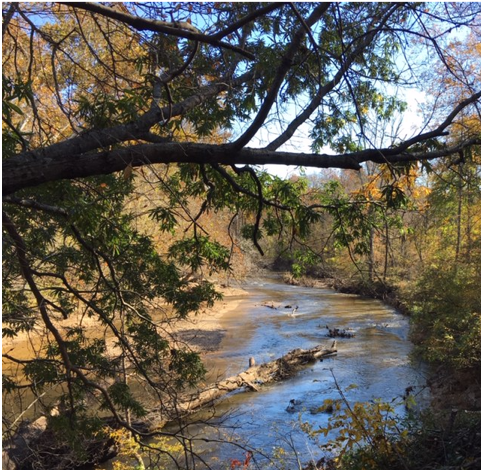Oral testimony on the Baltimore-Washington SC Maglev
By Janet Gingold on behalf of the Maryland Chapter of the Sierra Club
The Sierra Club recognizes the need to decrease the environmental impact of our travel and supports the idea of rapid intercity rail, including rapid rail along the Northeast corridor. However, we have serious concerns that the Baltimore-Washington Maglev project as described in the DEIS would do more harm than good. Our top three concerns are these:
- First, there’s Fairness: The people who would bear the burden of the impacts of construction and operation of the Maglev would not receive a fair share of the benefits of the project. The project area is home to a 69% minority population, with about 13% having low income. With such high-priced tickets, the Maglev might be an option for the wealthy but it would be out of reach for most people. With no stops between downtown DC and BWI airport, this train is essentially inaccessible to people outside the vicinity of the terminals.

- Second, there’s the adverse impacts on public lands: The DEIS describes many serious and irreversible impacts to the Patuxent Research Refuge and the Beltsville Agricultural Research Center, as well as National Parkland along the BW Parkway and the Greenbelt Forest Preserve. Hundreds of acres – along with their ecosystem services—would be lost to the trainset maintenance facility, vent shafts, and access roads. Is this really how we should treat public lands that have been set aside for ecological and agricultural research and conservation of our local natural habitats? It would be a travesty to allow a private entity to use these lands for profit, with the disruption that would occur to priceless natural ecosystems in uniquely valuable places. Approving this project would set a precedent for further encroachments on land set aside for the public good.
- Third, there’s the adverse effects on the local transportation system: Investment in the Maglev could take away from much-needed investment in regional commuter services, including the MARC and Amtrak trains now serving the Baltimore-Washington corridor. Diverting passengers from MARC and Amtrak would decrease the economic viability of these more affordable services on which ordinary Marylanders depend. It is not at all clear that the Maglev project would significantly decrease highway traffic congestion or transportation-related greenhouse gas emissions.
While the Sierra Club supports transforming the transportation sector to move people and goods without burning fossil fuels, we cannot support the Baltimore-Washington Maglev as described in this DEIS. The possible benefits are far outweighed by the fundamental inequity of the project, its irreversible adverse impacts on precious public lands, and its probable adverse impacts on local transportation services for ordinary residents.